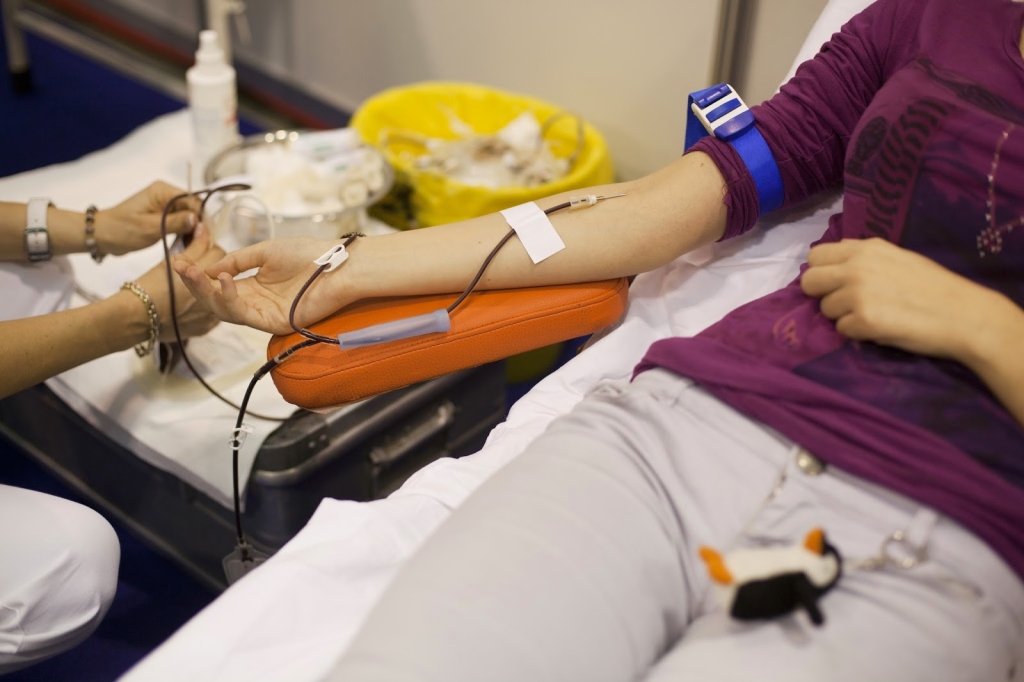Essential Guide to Phlebotomy Training with the NHS: Kickstart Your Healthcare Career Today
embarking on a career in healthcare offers meaningful opportunities to make a real difference in people’s lives. One of the most accessible and rewarding ways to enter the healthcare sector in the UK is through phlebotomy training with the NHS. This extensive guide will walk you through everything you need to know about becoming a certified phlebotomist within the National Health Service, highlighting training options, benefits, practical tips, and how you can start your journey today.
What Is Phlebotomy and Why Is it Crucial in Healthcare?
Phlebotomy is the process of drawing blood from patients for diagnostic testing, blood donation, or medical research. Phlebotomists are healthcare professionals specialized in venepuncture and capillary blood collection. Their role is critical because accurate blood collection is essential for diagnosing illnesses,monitoring health conditions,and saving lives.
the Path to Becoming a Phlebotomist with the NHS
1. Meet the Basic Entry Requirements
- Minimum of GCSEs in English and Maths (or equivalent)
- Good interpersonal and interaction skills
- High level of attention to detail and manual dexterity
- Basic understanding of health and safety protocols
2. Complete Accredited Phlebotomy Training
Choosing the right training is vital. The NHS offers various training programs aimed at equipping future phlebotomists with the necessary skills and knowlege. These courses are frequently enough accredited by reputable health training bodies and may include both classroom learning and practical placements.
3. Gain Practical Experience
Hands-on experience under supervision ensures you develop confidence and competence. Many NHS training programs facilitate clinical placements within hospitals or clinics.
4. Get Certified
Successful completion of training modules leads to certification, which is frequently enough required for employment within the NHS and other healthcare providers.
5. Apply for NHS Phlebotomy Positions
With certification in hand, you can apply for open roles within NHS trusts, outpatient clinics, or blood donation centers. Building experience can lead to advanced roles in healthcare diagnostics or specialist fields.
Benefits of Doing Phlebotomy Training with the NHS
- Structured Training Programs: The NHS provides high-quality, accredited training tailored to ensure competence.
- Excellent Career Progression: Opportunities to advance into senior or specialized positions.
- Recognized Certification: NHS training is highly valued and recognized across healthcare sectors.
- Work with Compassionate Professionals: Be part of a dedicated team providing vital healthcare services.
- Job Stability and Benefits: NHS positions offer competitive salaries, pension schemes, and continuous professional development.
Practical Tips for Aspiring NHS Phlebotomists
- Research Training Providers: Seek reputable courses that offer both theoretical and practical components.
- Develop Soft Skills: Strong communication and empathy are vital when working with anxious or ill patients.
- Attend Workshops and Seminars: Enhance your skills with extra training sessions focused on patient care and venepuncture techniques.
- Gain Volunteering Experience: Volunteering in healthcare settings can provide valuable insight and demonstrate your commitment.
- Prepare for the Request Process: Craft a compelling CV highlighting relevant skills, and prepare for interview scenarios common in NHS recruitment.
Case Study: A Day in the Life of an NHS Phlebotomist
Meet Sarah, a dedicated NHS phlebotomist working in a busy hospital outpatient department. Her typical day involves:
- Preparing blood collection equipment and verifying patient identification
- Interacting compassionately with patients, explaining procedures to reduce anxiety
- Performing venepuncture accurately and efficiently
- Labeling samples correctly and ensuring proper storage
- Maintaining detailed records and adhering to health and safety protocols
Sarah’s role is vital in ensuring patients receive accurate diagnoses quickly and safely, showcasing the importance and impact of trained phlebotomists within the NHS.
First-Hand Experience: What It’s Like to Train as a Phlebotomist
Many aspiring healthcare professionals find that hands-on training in NHS settings helps solidify their skills and boosts confidence. Students often highlight the importance of practical placements, mentorship from experienced staff, and the rewarding feeling of helping patients.
Participating in real-world scenarios allows you to refine your techniques while developing a compassionate approach-an essential aspect of NHS patient care standards.
Get Started Today: Your Roadmap to NHS Phlebotomy Certification
- Research accredited NHS training providers
- Apply for entry-level courses or workshops
- Gain relevant volunteer experience in healthcare
- Prepare your CV and interview skills
- Begin your journey toward becoming an NHS-certified phlebotomist
Conclusion
Starting a career as a phlebotomist with the NHS is an excellent choice for those passionate about healthcare and patient support. Through comprehensive training, practical experience, and dedicated commitment, you can secure a rewarding position within one of the world’s leading healthcare systems.The NHS offers not only excellent training programs but also opportunities for career advancement, job stability, and making a positive impact on patients’ lives. Kickstart your healthcare career today by exploring NHS phlebotomy training options and taking the first step toward a fulfilling profession.
Key Features of NHS phlebotomy Training Programs
| Feature | Description |
|---|---|
| Duration | 4-6 weeks intensive training |
| Certification | NHS-accredited qualification |
| Practical Training | Hands-on experience in NHS facilities |
| Career Opportunities | Pathways to advanced healthcare roles |
| Cost | Funding options available; often free for NHS staff |
Ready to make a difference? Explore NHS phlebotomy training opportunities today and take a confident step toward a rewarding healthcare career!
